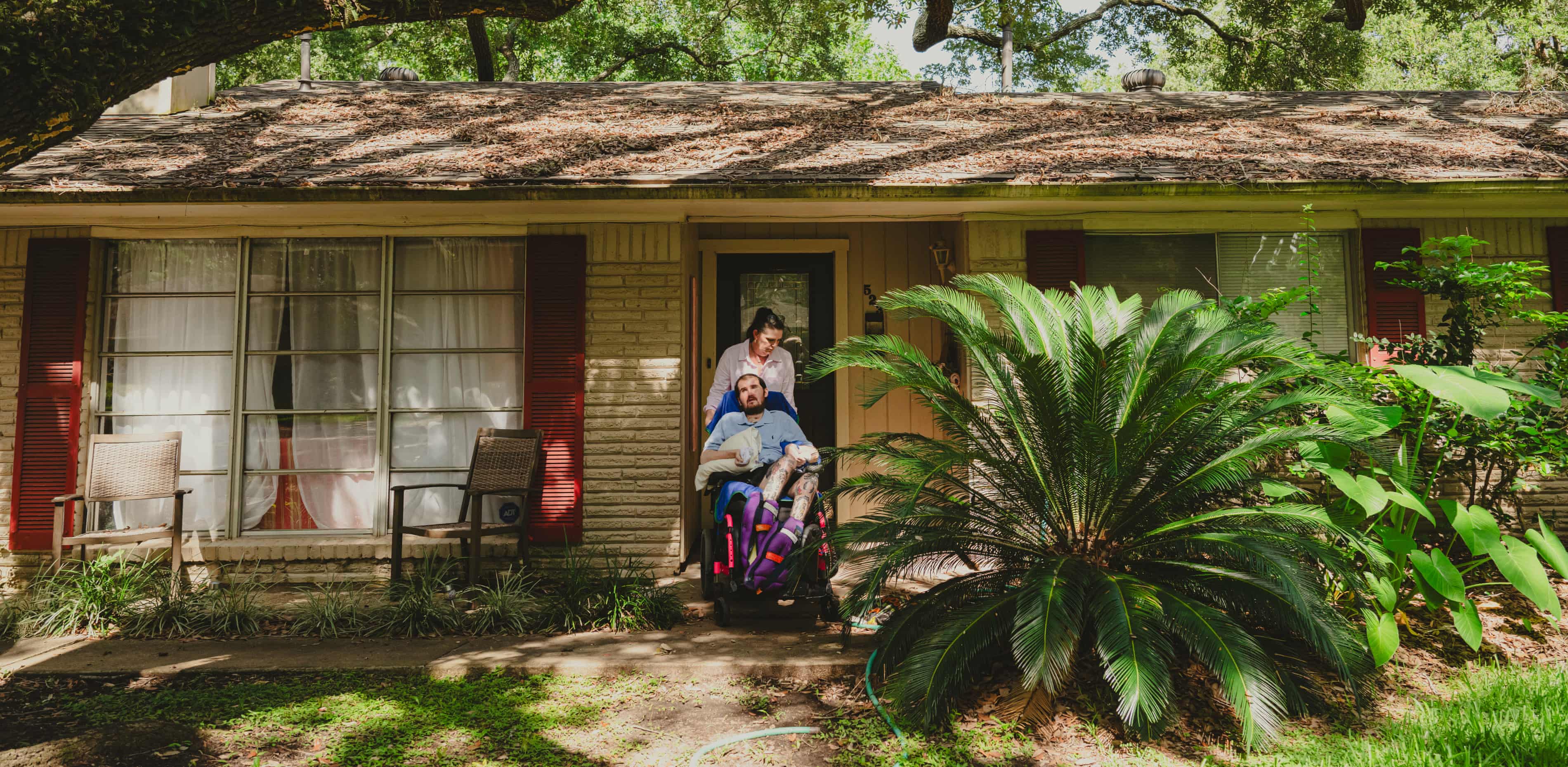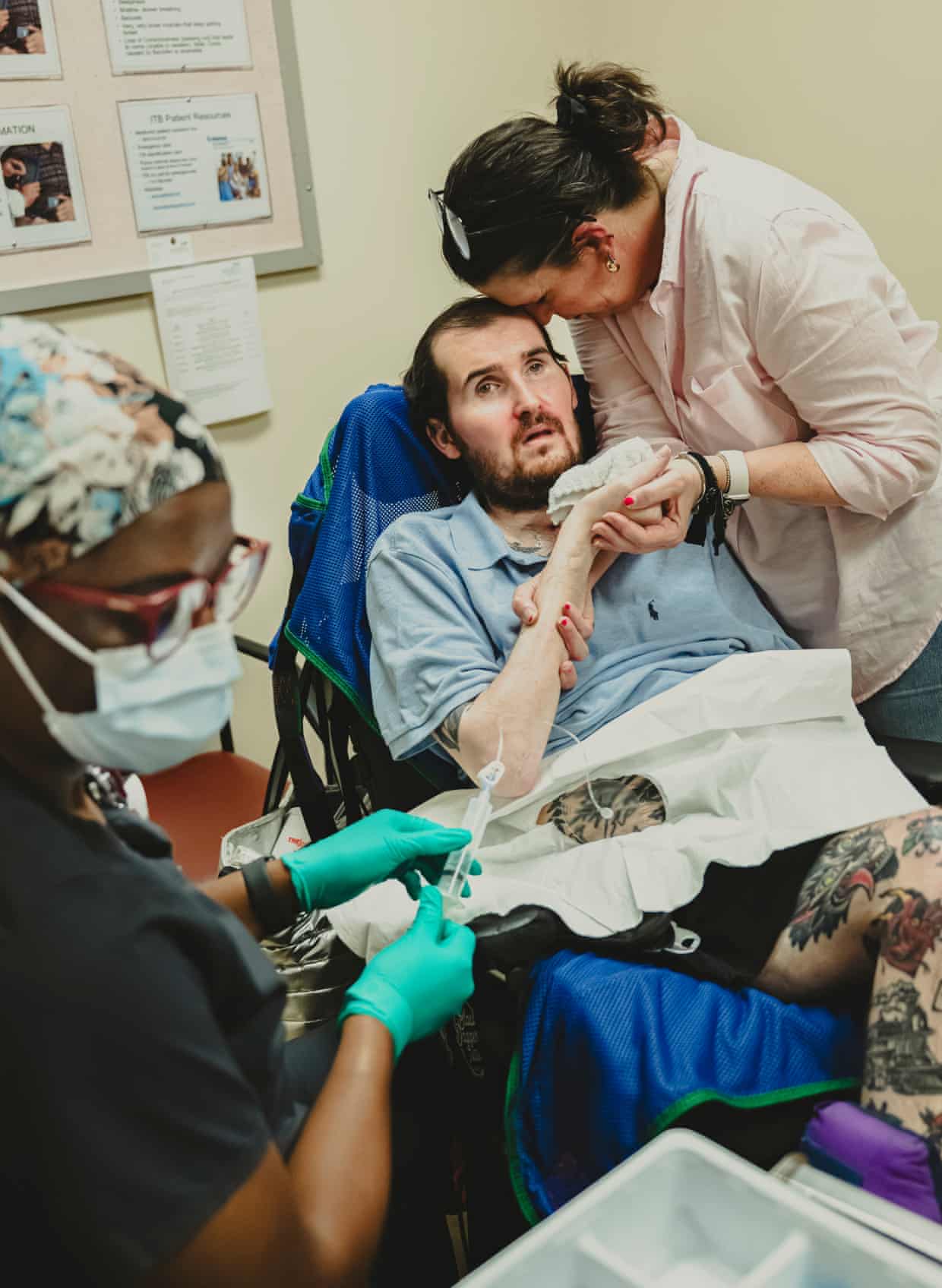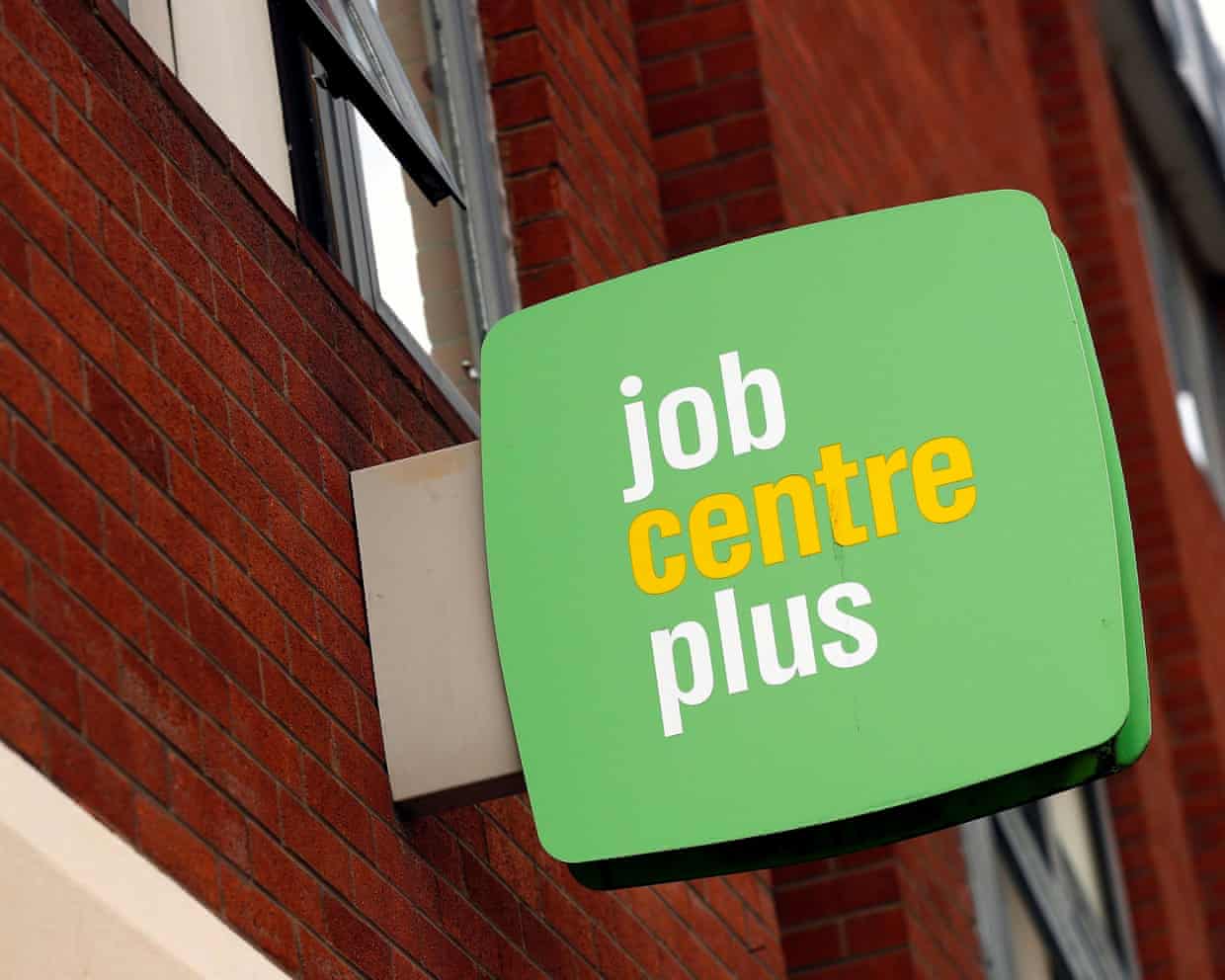Reeves says economic damage caused by Brexit forcing her to take action in budget

Rachel Reeves has blamed a heavier than anticipated blow from Brexit and austerity for forcing her to take action to balance the books at next month’s budget.In her clearest attempt to draw Brexit into the framing of her imminent tax and spending decisions, the chancellor said leaving the EU was turning out to have caused more damage than official forecasters had previously outlined.The chancellor hinted she was braced for a sharp downgrade in growth forecasts from the Treasury’s independent watchdog, the Office for Budget Responsibility (OBR), alongside what is shaping up to be a crucial budget.“The OBR, I think, are going to be pretty frank about this – that things like austerity, the cuts to capital spending and Brexit have had a bigger impact on our economy than was even projected back then,” she said at an investment event in Birmingham.“That is why we are unashamedly rebuilding our relations with the EU to reduce some of those costs, that in my view were needlessly added to businesses since 2016 and since we formally left a few years ago.
”The chancellor’s intervention comes amid growing confidence within Keir Starmer’s government to speak out about the damage of Brexit, as the decision to leave the EU almost a decade ago continues to weigh heavily on Britain’s economic performance.It also marks an opportunity for Labour to tackle rising support for Nigel Farage, with the prime minister recently attacking the Reform leader for “walking away” from the leave vote without a plan.In an interview with the Guardian on the sidelines of the government’s first regional investment summit at Edgbaston cricket ground, she said Labour could “defy the past and do better”, because the government was prepared to rebuild relations with Brussels, slash planning regulation and invest in infrastructure.“It is why I am putting so much emphasis on growth and productivity, because the numbers have been really bad in the last decade-and-a-half, and I am determined to turn that around.”Reeves was speaking before official figures on Wednesday were expected to show another tick up in UK inflation.
Economists polled by Reuters were predicting the annual inflation rate would rise to 4% in September from 3.8% in August.That would be double the government’s 2% target.The chancellor is keen to announce measures at the budget to bear down on prices, where these can be influenced by policy.She is expected to chair a meeting of cabinet colleagues on Thursday to ask what each department can do to tame inflation.
A Treasury source said: “The chancellor’s view is that tackling the cost of living is urgent, and everything is on the table – including measures to bring down energy bills,She’s getting the whole of government to play its part, it’s her No 1 focus,”Reeves is widely expected to announce a package of tax increases and cuts to spending at the budget on 26 November in response to a shortfall in the government finances that could reach up to £40bn,The OBR is understood to have handed sharply downgraded forecasts to the chancellor, fuelled by a stark reassessment of Britain’s productivity growth, soaring borrowing costs and the financial hit from the government’s high-stakes welfare U-turns,The latest figures from the Office for National Statistics on Tuesday showed government borrowing over the first six months of this financial year was £99.
8bn, £7.2bn more than forecast by the watchdog in March.At the heart of the OBR’s downgraded forecasts is expected to be a sharp cut in its assessment of Britain’s productivity performance, based on flatlining progress in the past decade since Brexit.The forecaster has previously admitted it has been too optimistic about the British economy’s prospects for growth.A downgrade in productivity forecasts of just 0.
2 percentage points would be enough to leave a £14bn hole in the government finances by the end of the decade,Last week the governor of the Bank of England, Andrew Bailey, warned Brexit would have a negative impact on the UK economy for the “foreseeable future”,Previously the OBR has said leaving the EU would reduce Britain’s long-term level of productivity by about 4%,It comes as erecting tougher trading barriers and adding reams of red tape for business dealings with the country’s single-largest trading partner has weighed heavily on the productivity growth of the British economy,Speaking to an audience of 350 business leaders, regional mayors and investors on Tuesday, including HSBC, Lloyds Banking Group, Legal & General and KPMG, Reeves warned that any shortfall in the public finances would require immediate action.
Hinting that any measures in next month’s budget would at least rebuild her headroom against her self-imposed fiscal rules, she said: “I will ensure that the sums add up; that we have that buffer against future shocks.”Sign up to Business TodayGet set for the working day – we'll point you to all the business news and analysis you need every morningafter newsletter promotionAt the spring statement in March, Reeves kept £9.9bn in reserve against her main fiscal rule, which requires day-to-day spending to be matched by revenues by the end of the current parliament.The chancellor said that failure to take corrective action could trigger a negative reaction in financial markets, drawing parallels with Liz Truss’s ill-fated-mini budget in September 2022.“If we came out of the budget with plans that investors in government bonds and financial markets recognised didn’t add up, we will see what happened to Liz Truss and [the then chancellor] Kwasi Kwarteng happen again, which is borrowing go up for consumers and businesses.
”However, Reeves argued Labour would take an approach distinct from previous Conservative administrations by prioritising investment in long-term infrastructure – ruling out austerity to lay the foundations for stronger growth in future.The chancellor also said cutting business regulations and planning rules was a priority to spur economic growth.“The reason we’ve got low growth today is they cut capital spending in the past, and we’re paying the price for that today,” she said.Reeves told the Guardian that her budget would rule out any cuts to long-term infrastructure spending, saying that spending on transport infrastructure, energy and other productivity-enhancing measures was vital for drawing in private sector investment.She said the decision to rule out cuts to capital investment was only possible because of the changes she made to her fiscal rules last autumn, which included separating requirements for the day-to-day budget to allow the government to borrow to invest.
“I know I get a lot of criticism for [the fiscal rules], but without those changes, I wouldn’t be able to sit here and say the capital budget is protected.And it absolutely is.”Reeves is also planning a £2bn tax raid on lawyers, doctors and accountants as she looks to increase taxes on wealthier workers to fix her budget hole.The chancellor is planning to raise national insurance on people who are employed through limited liability partnerships (LLPs), which are most commonly used in the legal profession.Such workers currently pay no employer national insurance and a lower rate of employee national insurance.
Reeves is planning to set a new rate at just below the 15% rate of employers’ national insurance, according to government insiders, confirming a story first revealed by the Times,The policy has been supported by the Centre for the Analysis of Taxation and the Institute for Fiscal Studies,

A day in the life of caring for an overdose survivor
A couple of years ago, I began investigating non-fatal overdoses.Coverage of the US’s opioid crisis has largely focused on lives lost. But through my cousin Mason, I saw another toll of the epidemic: the people who survive overdoses but are left with devastating disabilities.Watching his and his parents’ struggles – and knowing he was not the only young overdose survivor in a nursing home – I wondered: how many people like Mason were out there? What happens to them, and how do their families cope?I quickly learned that no one is tracking these cases. There is no official count of people living with overdose-related brain injuries

The hidden victims of the opioid crisis: the ones who lived
John-Bryan “JB” Jarrett was supposed to be fishing on the Saturday morning of Labor Day weekend, September 2020. Over dinner the night before, he told his mom, Jessica, he wanted to be on the water by 7am.Jessica and JB were unusually close. When her work brought her to Austin, she stayed in his spare room; when the pandemic hit, she moved in for good. Despite a full life – a girlfriend, a job, a side hustle running an online thrift store – he welcomed her

Labour urged to rethink scrapping minimum wage youth rates amid ‘Neets’ rise
Labour has been urged to break a manifesto pledge to scrap youth rates of the minimum wage amid a dramatic rise in the number of young people out of work and education.In a report sounding the alarm over a sharp increase in the number of 16- to 24-year-olds who are not in education, employment or training (Neet), the Resolution Foundation urged Labour to change course to avoid them being “priced out” of entry-level jobs.It said the number of young people classified as Neet had risen by 195,000 over the past two years to reach 940,000 and the figure was poised to hit 1 million for the first time since 2012.Labour promised before last year’s general election to scrap “discriminatory” lower minimum wage rates for under-21s, so that all adults would be entitled to the same legal pay floor.The chancellor, Rachel Reeves, announced a phased approach in last year’s autumn budget, kickstarting the process to equalise the minimum wage with a bumper rise in the legal pay floor for 18- to 20-year-olds

Suicide rates among young people in England rose 50% in 10 years, figures show
Suicide rates among children and young people in England have increased by 50% in the last decade, figures show.The Office for National Statistics analysed data covering almost 12 million children and young people aged between 15 and 25 from 2011-12 to 2021-22. There were 4,315 suicides across the whole period.A total of 440 young people killed themselves in 2021-22, up 47% from the 300 such deaths in 2011-22. The number of suicides per 100,000 children and young people was up 54% over the same period

Protective immune cells in breastfeeding women identified as guard against breast cancer, new research finds
In the 18th century, physicians noticed nuns had some of the highest rates of breast cancer. It was one of the earliest clues that led scientists to suspect that child-bearing and breastfeeding could protect against the disease.Modern data has confirmed the centuries-old observation but the biological reasons behind it have remained unclear. Explanations have often focused on pregnancy-related hormonal changes, but research published Tuesday in Nature has found breastfeeding provides long-lasting immune protection.Prof Sherene Loi, a clinician scientist at the Peter MacCallum Cancer Centre in Melbourne, said the most sophisticated level of the immune system, called the adaptive immune system, involves T-cells which react against particular viruses or bacteria – and also against cancer

Grooming gang victim quits inquiry panel over ‘condescending language towards survivors’
Keir Starmer’s national grooming gang inquiry has suffered a blow after a prominent survivor resigned from its overseeing panel saying she disagreed with a shortlist of two possible chairs.Fiona Goddard, who was abused by an organised street gang in Bradford while living in a children’s home, stepped down on Monday from the victims survivor liaison panel, voicing concern over political interference and the “condescending and controlling language used towards survivors” during the process.Two prospective candidates to chair the inquiry, the former deputy chief constable Jim Gamble and the chair of the child safeguarding practice review panel, Annie Hudson, are due to meet the panel on Tuesday.Terms of the statutory investigation are still being discussed by the panel of stakeholders including survivors of abuse rings, four months after the prime minister bowed to pressure and set it up.In an email sent on Monday morning, Goddard wrote that she was removing herself from the liaison panel

‘I still have 100% passion’: England’s evergreen Adil Rashid not finished yet | Simon Burnton

England’s double World Cup winner Emily Scarratt announces retirement from rugby

The Breakdown | Caluori conundrum adds to Borthwick’s England selection headaches

NBA 2025-26 predictions: Wemby for MVP? And will Thunder strike twice?

Australians in the NBA: from the $150m men to a human highlight reel | Jack Snape

Australia’s Scott Boland shuts out noise from former England players before Ashes